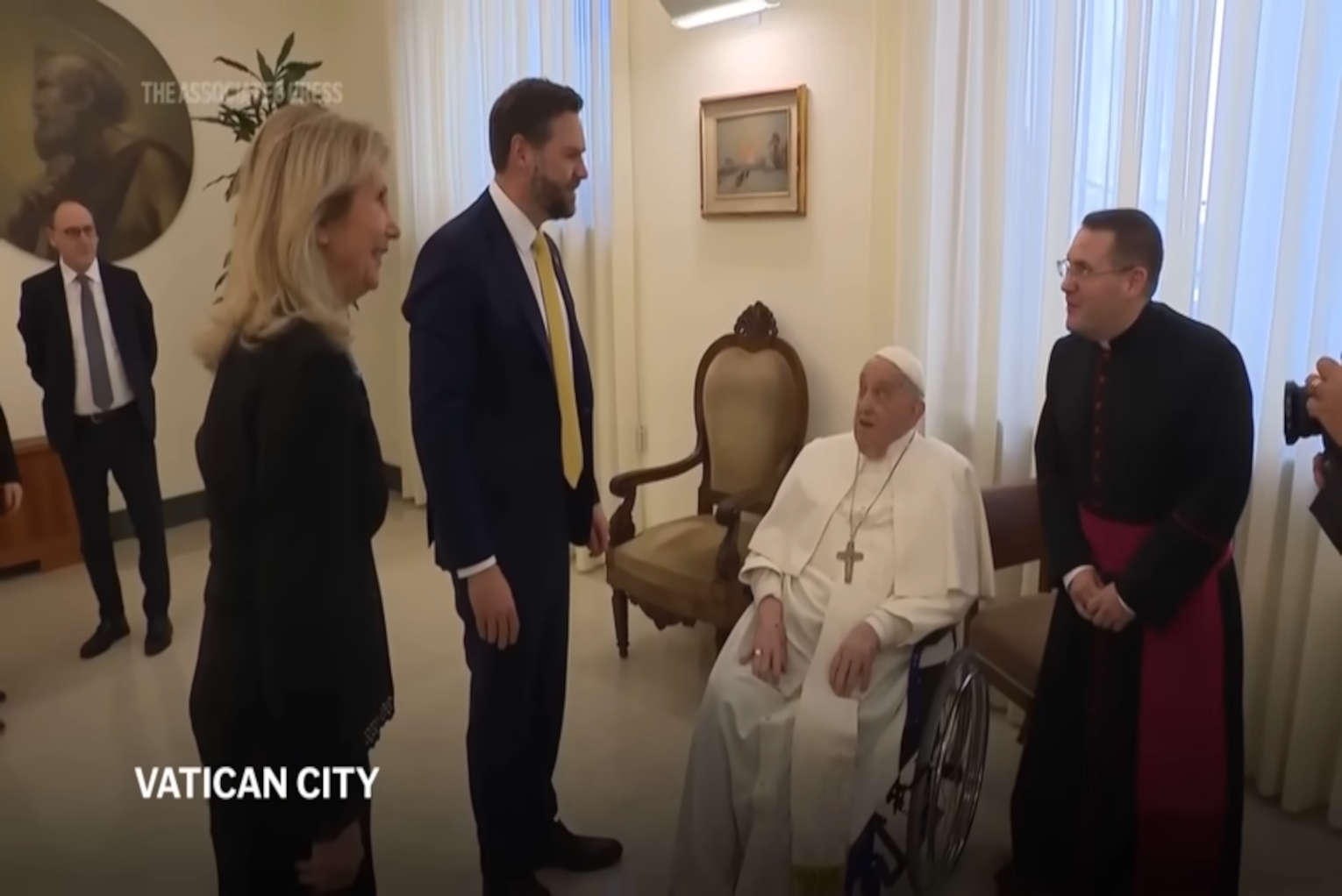Pope Francis, the first Latin American pontiff and a towering figure of modern Catholicism, died at the age of 88 on Easter Monday—just hours after greeting the public with a final Easter blessing.
While many across the globe mourn the end of his 12-year papacy, for others, his leadership marked a deeply troubling turn in the church’s witness.
On Easter Sunday, Francis surprised the world by appearing publicly from the loggia of St. Peter’s Basilica, waving to crowds in a display that seemed to defy his recent frailty.
“Dear brothers and sisters, Happy Easter!” he proclaimed—his voice noticeably stronger than it had been in weeks following a March hospitalization for pneumonia, as reported by Newsweek. The crowd roared as the pontiff was seen circling the piazza in the popemobile, just hours before he would pass into eternity.
Breaking News. Spirit-Filled Stories. Subscribe to Charisma on YouTube now!
Yet despite this jubilant farewell, the content of his final Easter message stirred familiar unease among those concerned about the direction he led the church.
The Urbi et Orbi blessing—read aloud by another clergy member with the pope seated beside him—contained his last public appeals on the global stage.
“There can be no peace without freedom of religion, freedom of thought, freedom of expression and respect for the views of others,” the message read. He went on to lament, “What a great thirst for death, for killing we see in the many conflicts raging in different parts of the world.”
/**/While his calls for peace may have appeared noble on the surface, many believers have questioned whether this papacy stood firm for biblical truth or instead blurred the lines between compassion and compromise. Francis’ comments on the Israel-Gaza war exemplified that gray area, as he described it as causing “death and destruction” and labeled the situation in Gaza a “deplorable humanitarian situation.”
Adding a human touch to his final hours, Francis met with U.S. Vice President JD Vance, one of his last visitors. “I know you have not been feeling great but it’s good to see you in better health,” Vance told him, before receiving chocolate eggs and rosaries for his children.
The meeting was cordial, despite the public tension between the two men over immigration policy. Francis had criticized mass deportation plans defended by Vance, saying they “robbed migrants of their dignity,” and even addressed a letter to U.S. bishops appearing to rebuke the vice president.
Though Vance showed grace in his farewell—saying on X, “May God rest his soul”—many remain firm in their belief that the pope’s social justice messaging often came at the expense of timeless truth. Throughout his papacy, Francis redefined the church’s posture toward global politics, elevating causes like climate change and migrant rights while avoiding clarity on foundational moral teachings.
The chapter of Pope Francis has closed. And as Catholics and Christians worldwide reflect on his legacy, a sobering question lingers: Did he lead the church closer to Christ, or further into compromise?
Join Charisma Magazine Online to follow everything the Holy Spirit is doing around the world!
James Lasher is staff writer for Charisma Media.











































